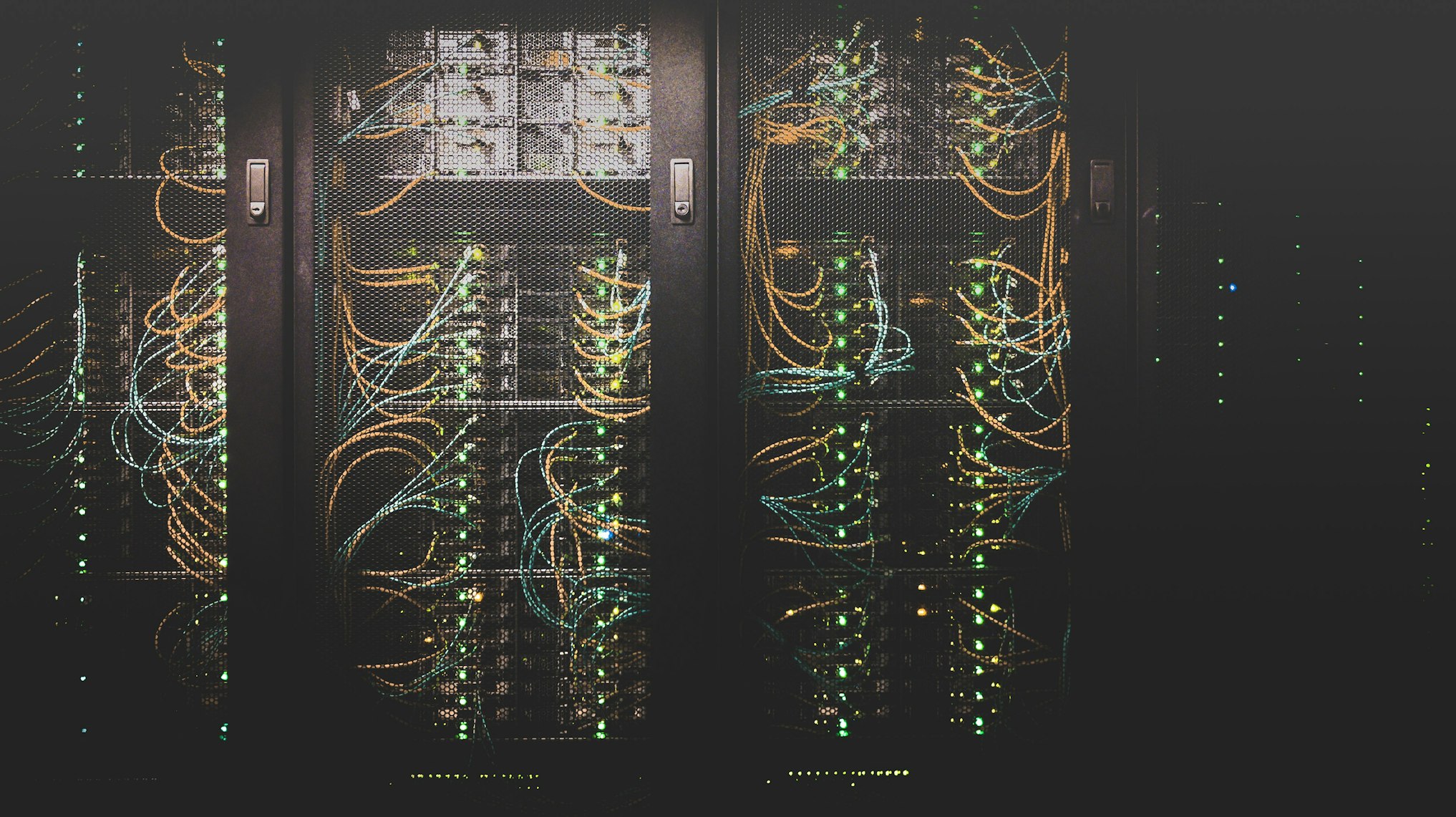CCTV Storage Solutions: Cloud vs Local - Which is Right for You?

CCTV Storage Solutions: Cloud vs Local - Which is Right for You?
Picture this: Someone breaks into your property. You rush to check your security footage, and... nothing. Your storage system failed three weeks ago, and you've been recording to nowhere.
This isn't a horror story – it's Tuesday for way too many people with CCTV systems.
After 12 years of dealing with storage disasters, I've seen every possible way these systems can fail. Let's make sure yours isn't one of them.
The Storage Reality Check
Here's what most people don't realize: Your cameras are just the front end. The real magic (and potential disaster) happens with storage. You can have the most expensive cameras in the world, but if your storage fails, you've got nothing.
The brutal truth:
- 60% of CCTV storage failures happen silently
- Most people discover storage issues only when they need the footage
- Poor storage planning costs more than the cameras themselves
- The "set it and forget it" mentality kills more systems than hardware failures
Local Storage: The Traditional Approach
DVR/NVR Systems: The Old Reliable
Digital Video Recorders (DVR) and Network Video Recorders (NVR) are like the pickup trucks of security storage – not fancy, but they get the job done.
How they work:
- Cameras connect directly to the recorder
- Footage stored on internal hard drives
- Everything happens on your property
- No internet required for basic recording
The good stuff:
- Complete control over your data
- No monthly fees after initial purchase
- Works even when internet is down
- Fast local access to footage
- No bandwidth limitations
The reality check:
- Hard drives fail (and they will fail)
- Limited remote access capabilities
- You're responsible for all maintenance
- Vulnerable to theft, fire, or physical damage
- Capacity limitations require regular management
Cloud Storage: The Modern Approach
Your cameras upload footage to servers owned by someone else. It's like storing your stuff in a safety deposit box, but for video.
The Cloud Advantages:
- Disaster protection (fire, theft, flood won't destroy footage)
- Access footage from anywhere
- No maintenance headaches
- Automatic updates and improvements
- Professional monitoring and support
- Scalability (add cameras without hardware upgrades)
The Cloud Reality Check:
- Monthly/annual subscription fees
- Internet dependency (no internet = no uploads)
- Bandwidth limitations affect video quality
- Privacy concerns (your footage on someone else's servers)
- Limited customization options
- Vendor lock-in concerns
Storage Capacity Planning: The Math That Matters
Calculating Your Needs
Here's the formula that actually works:
Basic calculation:
- 1080p camera = ~60GB per day (continuous recording)
- 4K camera = ~140GB per day (continuous recording)
- Motion-only recording = 20-40% of continuous
Real-world example:
- 4 cameras at 1080p
- 30 days retention
- Motion recording only
- Calculation: 4 × 60GB × 30 days × 0.3 = 2.16TB needed
Retention Policies That Make Sense
Residential recommendations:
- 14-30 days for most footage
- 90 days for important areas (front door, driveway)
- Permanent storage for incidents
Commercial recommendations:
- 30-90 days standard retention
- 1 year for high-risk areas
- Compliance-driven retention for regulated industries
Cost Comparison: What You'll Actually Pay
Local Storage Costs (5-year total)
Basic DVR System (4 cameras):
- Initial cost: $800-1,200
- Hard drive replacements: $200-400
- Maintenance: $300-500
- Total: $1,300-2,100
Professional NVR System (8 cameras):
- Initial cost: $2,000-3,500
- Storage expansion: $500-1,000
- Maintenance: $800-1,200
- Total: $3,300-5,700
Cloud Storage Costs (5-year total)
Basic Cloud Service (4 cameras):
- Monthly fees: $20-40/month
- Setup costs: $0-200
- Total: $1,200-2,600
Professional Cloud Service (8 cameras):
- Monthly fees: $80-150/month
- Setup costs: $500-1,000
- Total: $5,300-10,000
Making the Right Choice for Your Situation
Choose Local Storage If:
- You want complete control over your data
- Monthly fees are a concern
- Internet connectivity is unreliable
- Privacy is your top priority
- You have technical expertise
- Initial budget is flexible
Choose Cloud Storage If:
- Convenience is important
- You want disaster protection
- Remote access is critical
- You prefer predictable monthly costs
- Technical maintenance isn't your thing
- You need to scale frequently
Choose Hybrid If:
- You want the best of both worlds
- Budget allows for higher complexity
- You have varying storage needs
- Disaster protection is critical
- You want flexibility in access methods
The Bottom Line: Your Storage Decision Framework
-
Assess Your Priorities
- Control vs. convenience
- Upfront vs. ongoing costs
- Privacy vs. accessibility
-
Evaluate Your Environment
- Internet reliability
- Technical expertise
- Physical security
-
Plan for the Future
- Growth expectations
- Technology changes
- Budget evolution
-
Test Before Committing
- Pilot programs
- Performance testing
- Disaster recovery testing
Remember: The best storage solution is the one that reliably gives you access to footage when you need it. Everything else is just features.
Your next steps:
- Calculate your actual storage needs
- Test your internet upload speeds
- Research solutions that fit your needs
- Plan your implementation timeline
Your security footage is only as good as your ability to access it when you need it. Choose wisely, implement properly, and sleep better knowing your storage won't let you down.